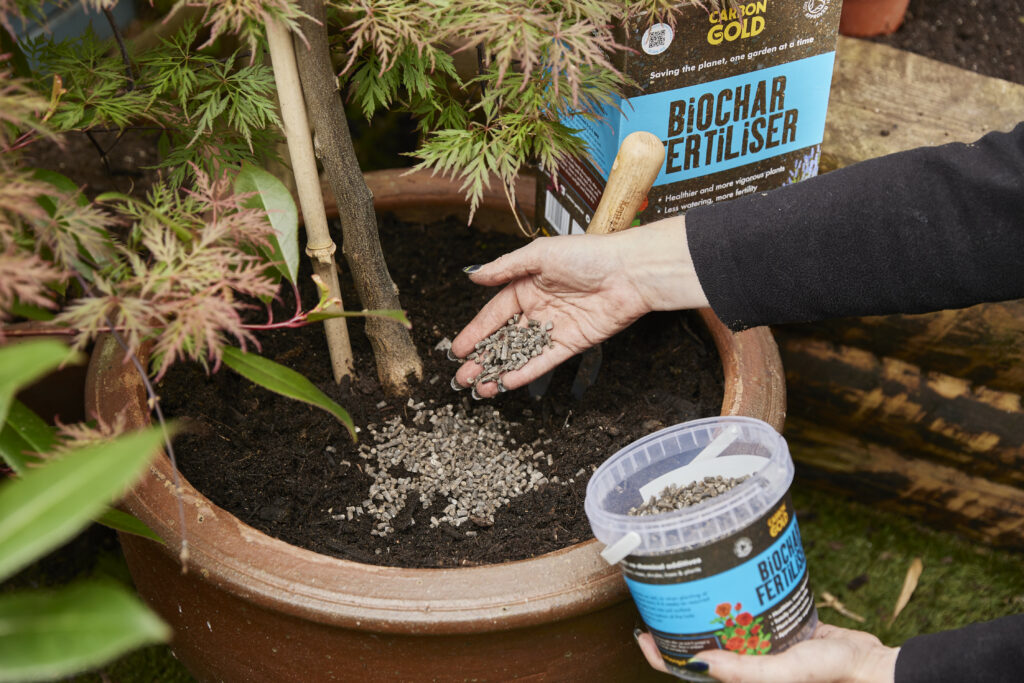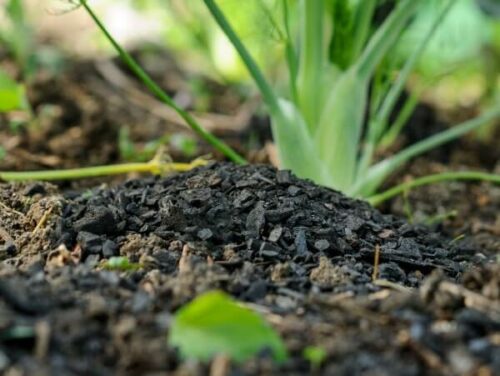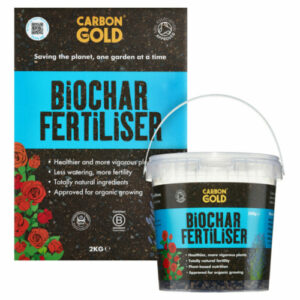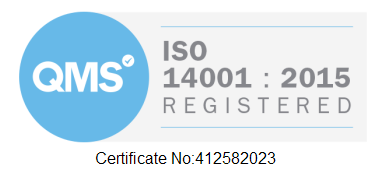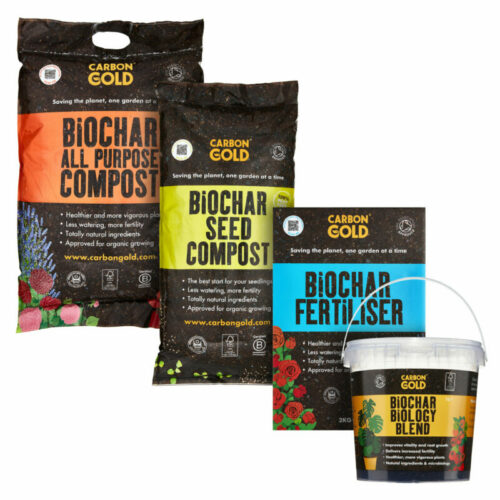In the contemporary landscape of environmental consciousness, the selection of fertilisers for agricultural and horticultural use is increasingly critical. The prevalent use of synthetic fertilisers, although effective for rapid plant growth, presents numerous environmental challenges. This discourse advocates for a transition to organic and natural fertilisers, outlining their ecological advantages and long-term benefits.
Environmental Concerns with Synthetic Fertilisers
Synthetic fertilisers, a staple in conventional agriculture, have been instrumental in enhancing crop yields. However, their production and application come with significant environmental drawbacks:
– Soil Health: These fertilisers can disrupt soil structure, leading to reduced fertility and diminished agricultural efficiency over time.
– Water Contamination: Excess nutrients from these fertilisers often find their way into water bodies, causing eutrophication and harming aquatic ecosystems.
– Air Quality Degradation: The release of greenhouse gases such as nitrous oxide during their application contributes to air pollution and climate change.
Advantages of Natural and Organic Fertilisers
Sustainability and Eco-Friendliness
Natural fertilisers, derived from biochar, compost, manure, and other organic matter, are more environmentally sustainable. They have a lower carbon footprint and are produced through eco-friendly processes.
Soil Health Enhancement
Organic fertilisers contribute to improved soil health by increasing organic matter content, enhancing water retention, and fostering a rich soil microbiome, which is essential for long-term soil vitality.
Ecosystem Safety
The slow breakdown and nutrient release of organic fertilisers minimise the risk of nutrient runoff, safeguarding waterways and marine life.
Biodiversity Support
Organic fertiliser practices encourage biodiversity, supporting various soil organisms crucial for a healthy ecosystem.
Spotlight on Carbon Gold’s Biochar Fertiliser
Carbon Gold’s Biochar Fertiliser exemplifies the efficacy of natural fertilisers. Certified organic by the Soil Association, it incorporates UK-sourced biochar, enhancing its capabilities. Biochar helps in moisture and nutrient retention and provides a conducive environment for beneficial soil biology, making this fertiliser a prime choice for those seeking eco-friendly and effective soil enhancement methods.
Opting for organic and natural fertilisers is a decision with far-reaching environmental implications. By choosing these alternatives, we contribute to healthier ecosystems and embrace a sustainable approach to agriculture and horticulture. It is a proactive step towards a greener and more sustainable future.
